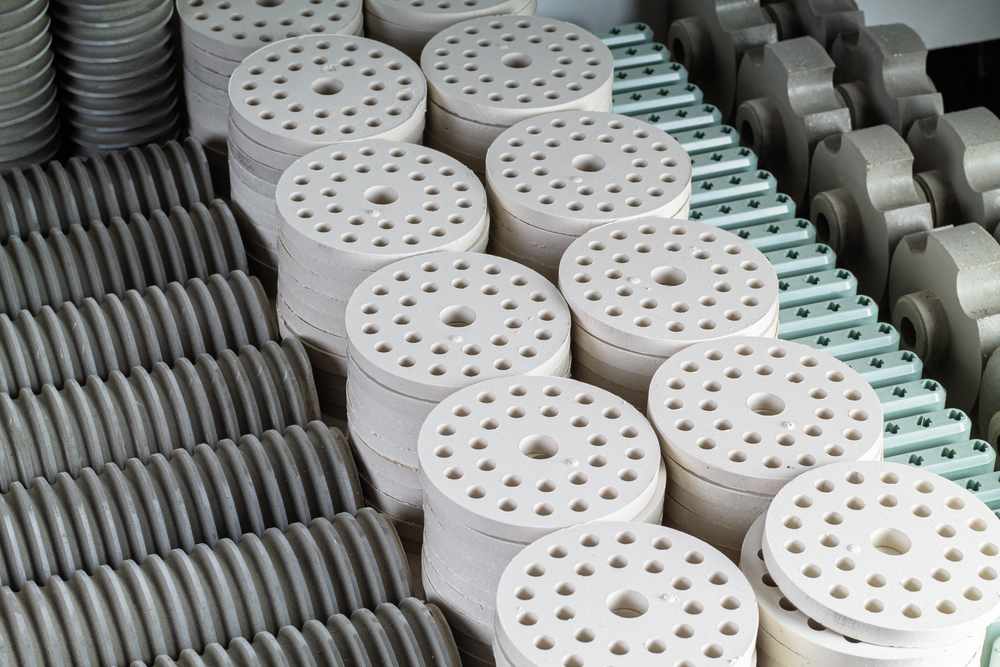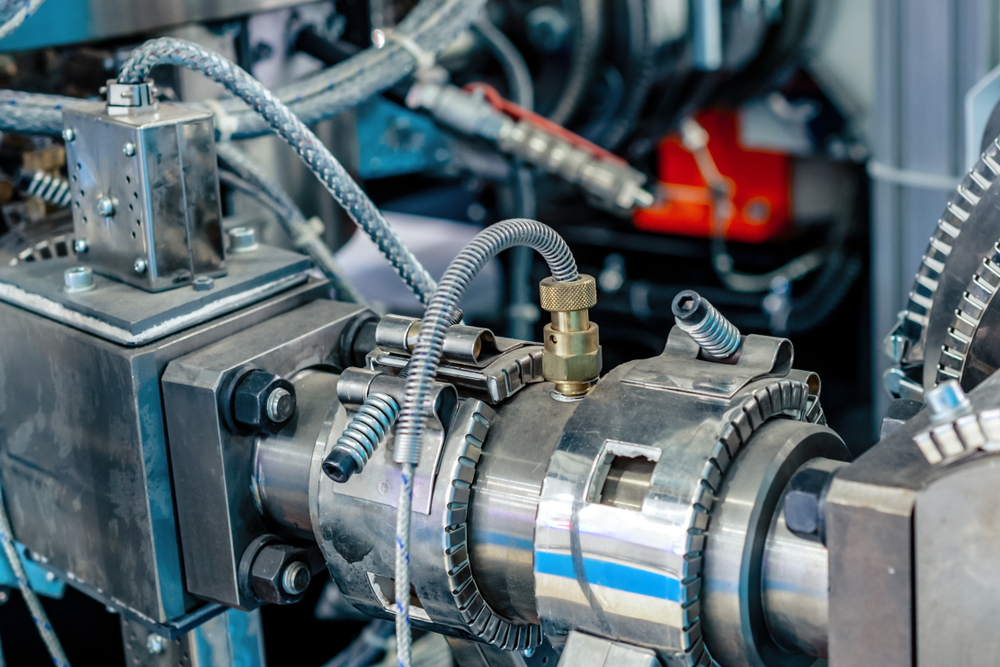
In this comprehensive guide, experienced ceramic injection molding manufacturers explore the key considerations and factors that go into the selection process, giving insights needed to make informed decisions and achieve optimal outcomes.
How do you choose ceramic material for injection molding?
Selecting the right ceramic material is a critical step in the success of any injection molding project. Here’s what to consider:
1. Identify project requirements and performance demands
Before embarking on the selection process, it’s crucial to identify the specific requirements and performance demands of your injection molding project. Consider factors such as operating temperature range, mechanical strength, electrical conductivity, and chemical compatibility. Understanding the environment and conditions in which the ceramic components will be used helps in narrowing down the list of suitable materials.
2. Evaluate material properties
Ceramic materials exhibit a diverse range of properties that make them ideal for different applications. For instance, Alumina boasts high mechanical strength and excellent wear resistance, making it suitable for automotive components and cutting tools. On the other hand, Zirconia offers superior toughness and thermal shock resistance, making it an excellent choice for medical implants and structural components in aerospace applications. Evaluate the material properties in light of your project’s requirements to determine the best fit.
3. Consider cost and availability
Cost and availability are essential factors that influence the selection of ceramic materials. Some ceramics may be more expensive or less readily available than others, which could impact the feasibility of your project. Strike a balance between the desired material properties and the budget constraints to ensure a cost-effective and viable solution.
4. Assess manufacturing complexity
Different ceramic materials have varying degrees of manufacturing complexity. Some ceramics may be easier to mold and machine, while others might require specialized equipment and expertise. Consider the complexity of your project and ensure that the chosen material aligns with your manufacturing capabilities.
5. Examine material compatibility with processing techniques
Ceramic injection molding involves specific processing techniques that may affect the choice of material. Some ceramics may require specific temperature profiles during sintering or may have unique flow characteristics during molding. Ensure that the selected material is compatible with the injection molding process to achieve the desired results.
6. Seek expert advice
If you are unsure about the best ceramic material for your project, don’t hesitate to seek expert advice. Collaborating with an experienced manufacturer can provide valuable insights and recommendations based on their expertise and knowledge of different materials and applications.
 Who are the go-to ceramic injection molding manufacturers?
Who are the go-to ceramic injection molding manufacturers?
As a trusted technical ceramic manufacturer, Wunder-Mold stands out for its unwavering commitment to excellence and unparalleled expertise in ceramic injection molding. Our team of highly skilled engineers brings extensive knowledge and experience to the table, ensuring that your complex projects are met with precision and meticulous attention to detail.
With our customer-centric approach and a strong focus on delivering top-tier results, we’re equipped to be the reliable and innovative partner for ceramic injection molding for a wide array of industries. Get in touch with us at sales@wundermold.com or contact us via phone and let us know how we can assist you.
 Who are the go-to ceramic injection molding manufacturers?
Who are the go-to ceramic injection molding manufacturers?